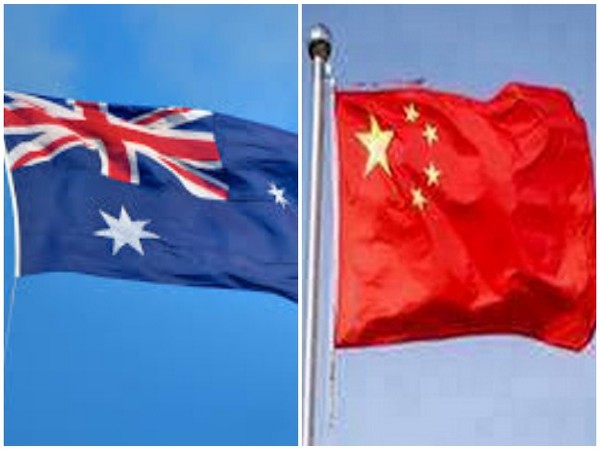
Chinese pro-democracy students facing harassment, threats in Australian universities: Report

Canberra [Australia], June 30 (ANI): A Human Rights Watch (HRW) report has revealed that many Chinese pro-democracy students are facing harassment, surveillance and threats in Australian universities and said that there is a lack of oversight and accountability mechanisms to ensure their academic freedom and security.
In its report, the HRW said many Chinese pro-democracy students in Australia say they alter their behaviour and self-censor to avoid threats and harassment from fellow classmates and being “reported on” by them to authorities back home.
Students and academics from or working on China told Human Rights Watch that this atmosphere of fear has worsened in recent years, with free speech and academic freedom increasingly under threat. This is happening because the Chinese government has grown bolder in trying to shape global perceptions of the country on foreign university campuses, influence academic discussions, monitor students from China, censor scholarly inquiry, or otherwise interfere with academic freedom.
“The Chinese government maintains surveillance of Chinese mainland and Hong Kong students in Australian universities. Human Rights Watch verified three cases of students whose family in China were visited or were requested to meet with police regarding the student’s activities in Australia,” the report read.
The limitations on the academic freedom of pro-democracy students come from China-related pressures and documented cases of harassment, intimidation, and censorship of students and academics from China and faculty members who criticise the government or express support for democracy movements.
Pro-democracy students from mainland China and Hong Kong experience direct harassment and intimidation from Chinese classmates–including threats of physical violence, being reported on to Chinese authorities back home, being doxed online, or threatened with doxing.
Students said the fear of fellow students reporting on them to the Chinese consulate or embassy and the potential impact on loved ones in China led to stress, anxiety, and affected their daily activities, said the HRW.
They were also targeted for harassment and intimidation after being identified by their classmates as criticising the Chinese Communist Party, expressing support for democracy in China or Hong Kong, or if they attended a protest in support of Hong Kong democracy.
Furthermore, many students have expressed disappointment and dismay that Australian universities were not doing enough to protect them and their academic freedom.
“Those who did not report these incidents believed that their university would not take the threat seriously, believing their university was sympathetic to nationalistic Chinese students or gave priority to maintaining their relationship with the Chinese government,” read the report.
The HRW said the growing number of such incidents should also be seen in the context of efforts by the Chinese government and the Party to influence and “call on” Chinese students studying abroad, with Chinese President Xi Jinping designating them as a “new focus” of United Front Work in 2015.
“Australian universities have also not grasped the full consequences of the extraterritorial reach of Hong Kong’s new National Security Law and the potential impact it could have students studying in Australia,” the human rights body said in its report.
As a result, students and academics have consistently raised concerns that Chinese students studying in Australia are able to live in an information vacuum akin to life in China, which was largely due to an over-reliance on the heavily censored Chinese social media platform WeChat.
Meanwhile, racism and discrimination faced by Asians in Australia has increased dramatically in the past year.
A March 2021 report by the Lowy Institute in Sydney found that almost one in five Chinese Australians say they have been physically threatened or attacked in the past year, with most blaming tensions stemming from the COVID-19 pandemic or hostility between Canberra and Beijing. Around one in three community members reported they have faced verbal abuse or discriminatory treatment.
“These issues have been difficult to identify, partly because most students and staff do not report these incidents. As a result, Australian universities have not been aware of the extent of the problem, leaving academic freedom eroded by self-censorship rather than outright repression. This also makes it easier for Chinese authorities to escape scrutiny over their actions. In the meantime, students, faculty, and genuine academic freedom of instruction and inquiry all suffer,” said the report.
Recently, Sino-Australian relations have dipped after the Chinese leadership was incensed with Canberra calling for an independent investigation into the origins of the novel coronavirus.
Relations had started to fray in 2018 when Australia banned Chinese tech giant Huawei Technologies from building its 5G network, the first Western country to do so.
Canberra has also been locked in an ongoing trade war with Beijing for several months as China has slapped sanctions on various Australian products. (ANI)

















POST COMMENTS (0)